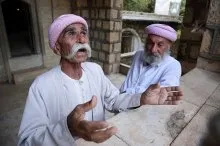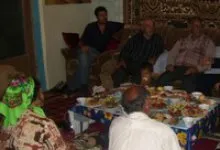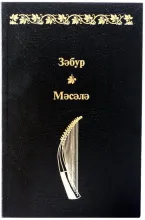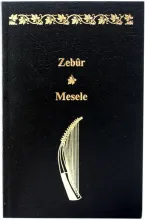Kurdish Kurmanji
bible-in-transcaucasian-kurmanji-kurdish
newsletter-04032024

Very soon another complete Bible will be published by IBT. This time it will be in the Kurdish (Kurmanji) language.
newsletter-02122022

newsletter-050919

From several Kurdish testimonies, we see that for many Kurds who became followers of Christ, the very beginning of their life quest was absolutely the same. Both for our senior team member, who is the long-term translator, and for a younger team member, who has been a philological editor and an external reviewer of the Kurdish Scripture translation for several years, the path that finally led them to Christ started at the age of 8 or 9 years old with a realization that death awaits all. Our translator’s story was surprisingly similar to Prince Gautama’s: he saw a dead person being carried through their village to his funeral. The younger team member (let’s call him Alex) had a different life story: he was one of six children, and the only one who lived past childhood. At the age of 4 or 5 Alex lost his last remaining brother, and at the age of 8-9 his mind and heart became restless, tormented and hypnotized by questions about the inevitability of death and the meaning of life.
newsletter-070617

news-220816
Two Old Testament books – Psalms and Proverbs – have recently been published in the Kurmanji dialect of the Kurdish language. Kurds speaking this dialect live primarily in Armenia, Georgia, the Central Asian republics, and several regions of the Russian Federation. Literacy in this dialect of Kurdish was introduced in 1946 on the basis of the Cyrillic alphabet with additional letters.
Work on translating the Bible into Kurmanji-Kurdish was begun by IBT in 1993. The translation of the New Testament was published in 2000 and was well-received by Kurdish Christians. A revised version of the New Testament (in both Cyrillic script and Roman script) was published in 2011.
newsletter-1111






